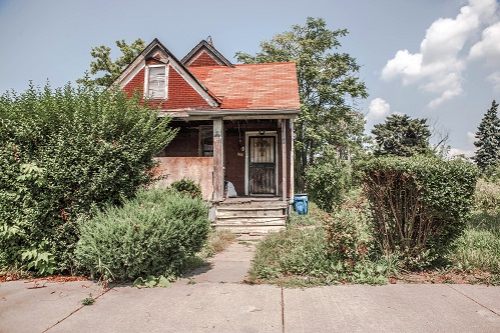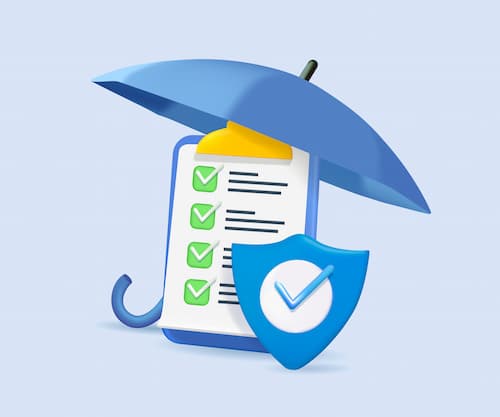Is firework damage covered by homeowners insurance?
Home insurance covers damage done by fireworks, including damage to others' property through your liability coverage. However, there are exclusions, most notably if the fireworks used were illegal. Firework laws vary by state, so familiarize yourself with the laws in your state; the American Pyrotechnics Association offers a list. Massachusetts is the only state that currently outlaws all consumer fireworks.
As a general rule, your homeowners policy will cover damages from fireworks as long as they are legal to use where you live and you have not used them maliciously – such as by intentionally targeting someone for injury – or recklessly.
That means your policy is likely to cover damages resulting from a legal firework that sets fire to leaves in your gutter or a firework that malfunctions and injures your friend.
Your homeowners liability coverage will generally kick in if you light a legal firework that accidentally takes out a window in your neighbor’s home.
On the other hand, examples of damages that your homeowners insurance might not cover – even if fireworks are legal in your state – include:
- You get into a bottle-rocket war and injure a friend. You might not be covered under these circumstances because the incident was intentional.
- You injure yourself while lighting a firework. You won’t be covered under your home insurance because you can't file a liability claim against your own policy. Your health insurance will cover you.
- You use a firework to target someone’s property. Even if fireworks are legal in your state, you likely will not be covered if you shoot fireworks at the home or car of a neighbor on purpose and your action ignites a blaze.
How much will a firework home insurance claim increase my premiums?
If you file a home insurance claim due to fireworks, your rates will go up. Here are the average premium increases after filing one claim and two claims for three common claims related to fireworks damage and injuries.
| Claim type | Average % increase for one claim | Average % increase for two claims |
|---|---|---|
| Fire | 28% | 55% |
| Liability | 24% | 46% |
| Medical | 17% | 29% |
As you can see, multiple claims will push your home insurance rates higher. In addition, filing one or more claims related to fires results in the greatest increase in premium costs.
These are all national averages. Your specific region may pay higher or lower rates depending on the claims in your region.
Does car insurance cover firework damage?
Car insurance covers accidental firework damage as long as you carry comprehensive insurance on your policy. Comprehensive covers all damage that is not the result of an accident.
As with home insurance, the damage must not be intentional or the result of illegal activity.
If your car is damaged by a firework set off by someone else, their homeowners liability insurance should pay for the damage. However, repairs may be faster if you file with your car insurance company, which will then subrogate to be reimbursed.
How to prevent fireworks damage
Even if you understand your home insurance policy and are sure you’re covered, the best way to avoid problems is to focus on safety when using fireworks.
Thousands of people are injured by fireworks each year, and some are killed. Even if your insurance does cover such an accident, the consequences can affect the rest of your life.
Tips for preventing fireworks accidents include:
- Don't use illegal fireworks.
- Keep fireworks away from children – kids should remain at least 30 feet away at all times.
- Never point fireworks at others.
- Use fireworks outdoors on a flat, hard surface in an open area.
- Avoid lighting fireworks on grass or in containers.
- Wear eye protection.
- Keep a fire extinguisher, hose or bucket of water handy to put out fireworks.
- Put used fireworks into a bucket of water.
- Do not use alcohol when lighting fireworks.
Your best bet to avoid fireworks-related injuries and damage is to leave it to the professionals. Rather than buying a box of bottle rockets, attend a local fireworks display.
Sources:
- National Fire Protection Association. “Fireworks Safety.” Accessed June 2025.
- Consumer Product Safety Commission. “2024 Fireworks Annual Report.” Accessed June 2025.




